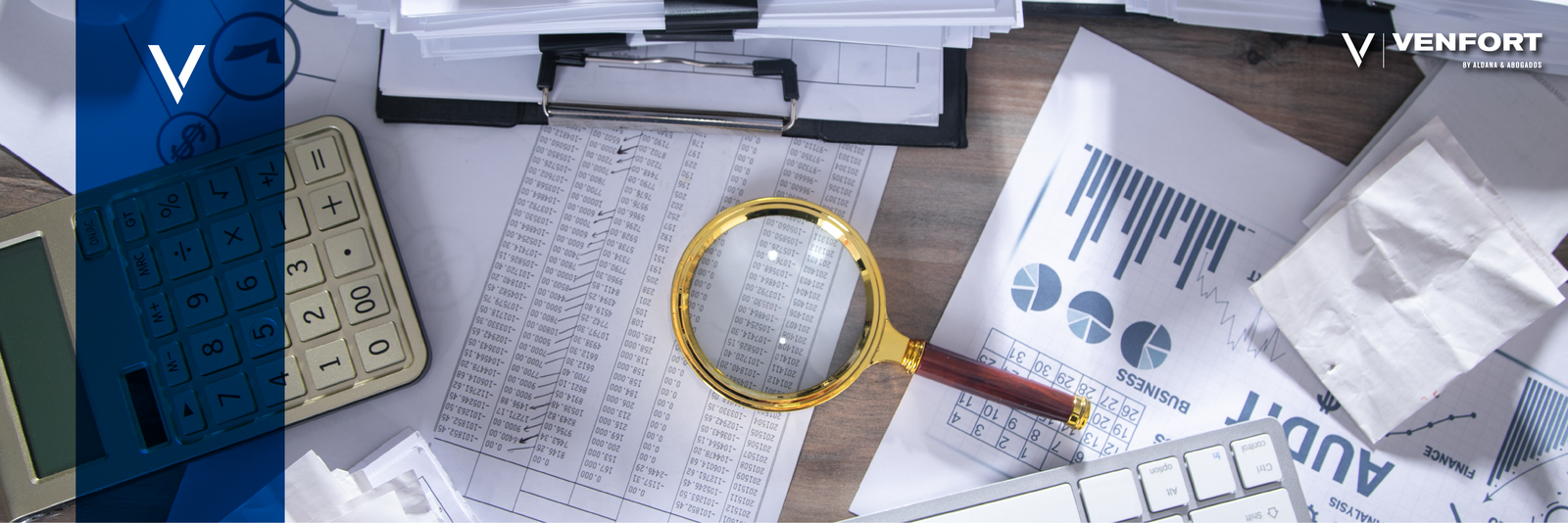The International Criminal Court (ICC) is one of the leading international institutions dedicated to the investigation and prosecution of serious crimes, such as genocide, war crimes and crimes against humanity. When an individual faces an ICC investigation, it is critical to understand the legal mechanisms involved and to develop a solid and well-structured defense. This article discusses the main strategies for effectively defending oneself and how to navigate the complex ICC proceedings.
What Does an ICC Investigation Involve?
When the ICC Office of the Prosecutor decides to initiate an investigation, after a thorough preliminary examination phase, it concludes that there are indications of the commission of crimes falling under the jurisdiction of the Court. This investigation may include the collection of evidence, interviews with witnesses and victims, and the analysis of documents. The investigation process can take months or even years, depending on the complexity of the case.
For the persons or entities under investigation, this is a critical period in which it is essential to have an active defense that can respond to the actions of the Prosecutor's Office and protect their rights at all times.
Strategies for Effective Defense
- Specialized Legal CounselThe ICC has unique procedures that require a thorough knowledge of international criminal law, the rules of procedure of the Court and of the Rome Statutewhich regulates the ICC. Having a legal team specialized in ICC cases is essential to develop a defense strategy that is not only reactive, but also proactive.
- Knowledge of Defendant's RightsThe persons under investigation have clearly established rights, including the right to a fair trial, the presumption of innocence, and the right to present evidence and witnesses on their behalf. It is essential that the legal team ensures that these rights are respected throughout the investigation and that they are used as part of a broader defense strategy.
- Research CollaborationIn some cases, especially at the preliminary examination stage, it may be beneficial to cooperate with the ICC Office of the Prosecutor, especially if the defense believes that the information presented may undermine the allegations or reduce the impact of the evidence. However, such cooperation should be done under the advice of expert counsel, to avoid generating admissions that may be prejudicial in the future.
- Challenge of EvidenceDuring the investigation phase, the prosecution collects evidence that can be used against the accused. An effective defense relies on challenging evidence that has been obtained in an irregular manner or that does not meet the standards of admissibility established by the ICC. This may include evidence obtained under duress or without adequate due process.
- Challenging Jurisdiction or Admissibility of the CaseThe ICC operates under the principle of complementarity, which means that it will only intervene if national judicial systems are unable or unwilling to investigate or prosecute crimes. If the accused can demonstrate that his case is being adequately dealt with in a national jurisdiction, he can challenge the ICC's jurisdiction and request that the case be deemed inadmissible.
- Research Monitoring and AnalysisA strong defense team must not only react to the prosecution's actions, but also proactively monitor the development of the investigation, identify potential weaknesses in the prosecution's case and prepare strategies to respond to new evidence or allegations. Constant vigilance is crucial to anticipate procedural moves and act accordingly.
- Use of Testimony and Exculpatory EvidenceThe defense must actively work to gather evidence and testimony that refutes the prosecution's accusations. This includes the presentation of witnesses who can offer a different version of events or documentary evidence that discredits the allegations of crimes. The investigation phase is a key time to introduce evidence that may influence the decision to proceed to trial.
Navigating the ICC Legal Mechanisms
The ICC system has a series of phases and procedures that must be navigated with precision to ensure an effective defense. Understanding deadlines, appeal mechanisms and preliminary hearings is vital to ensure that the defense can act in a timely manner.
- Preliminary HearingsPre-trial hearings: Before a case reaches the trial phase, preliminary hearings are held where the defense can present its arguments and challenge the evidence presented by the prosecution. These hearings are key to influencing the Court's decision on whether or not to proceed to trial.
- Appeals in the Investigation PhaseDuring the investigation phase, it is also possible to file appeals against decisions that affect the rights of the accused or the legality of the process. An effective defense strategy may include filing appeals to challenge prosecutorial actions or judicial decisions that are not favorable.
- Victim's Rights and their Impact on the DefenseIn ICC cases, victims also play an active role and can present evidence and testimony. The defense must be prepared to manage the impact of these testimonies and work to discredit evidence that is not sufficiently corroborated.
Conclusion
ICC investigations are complex and can have a profound impact on the lives of the accused. Effectively defending oneself before the ICC requires a solid procedural strategy, a thorough knowledge of the legal mechanisms and a proactive defense that protects the rights of the accused from the beginning of the investigation. Specialized legal counsel is essential to navigate this process and ensure an adequate defense at all stages.
At Venfort Abogados, we offer comprehensive advice on all aspects related to real estate succession. If you need help with the succession of a property, please do not hesitate to contact us through our contact page. In addition, we share with you our social networks so that you can keep updated on the legal topics that are in trend: Instagram, Facebook, Twitter y Linkedin.













